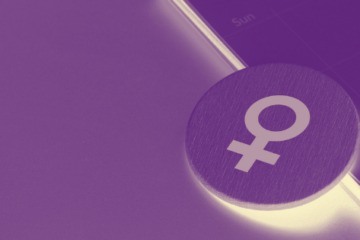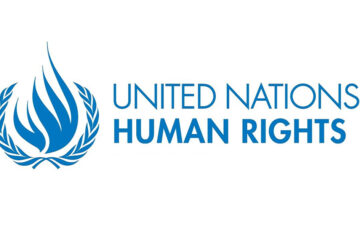Disinformation Research Survey Report
The Foundation for Media Alternatives conducted an online survey as part of a study for the Initiative for Media Freedom project. The purpose of this study is to shed light on the youths’ understanding of issues related to disinformation including how they come across it, its impact and their insights on the mitigating strategies that should be taken to address the problem. FMA also conducted a series of focus group discussions (FGDs) as part of the research project to expound on the survey results and get additional inputs for the research project. The objectives of the research project are:
- To understand the youth and young professionals’ behavior in consuming news and/or information online.
- To know the youth and young professionals’ insights on the relevance of the issue of disinformation.
- To know the youth and young professionals’ insight on the different efforts aimed to fight disinformation.
The survey report consolidates and analyzes the responses and the information in order to understand how the youth perceives disinformation and misinformation, how to better fight or curb the spread, and also recommendations on further research studies.
State of the Digital Nation: The Digital Rights Report 2020
This report is a documentation of what transpired in 2020, specifically how human rights were impacted by technology and digital innovations in the Philippines. The year 2020 was definitely unique given the COVID-19 pandemic, which brought about tremendous change throughout the globe. Effects from the pandemic as well as other events, be it a natural disaster like the Taal eruption to the destructive typhoon Ulysses or man-made crisis such as the ABS-CBN shutdown and the infodemic, really made the year that was a particularly challenging year for many.
And this is why it is crucial that Filipinos, who have come to rely on the Internet and technology for work, school, connecting with loved ones, getting life-saving information this pandemic, will need to be aware of their rights as digital citizens. While this report does not aim to be the end-all and be-all of digital rights, we hope to make this a way to raise awareness of the Philippines’ digital environment and the issues and innovations that impact us not only online, but also offline. It may seem simplistic to say that “digital rights are human rights” but this is the message we want many Filipinos to understand.
In a nutshell, our objectives in writing this report are:
- To document the current events and issues which affect digital rights (and human rights) in the Philippines
- To see the trends and themes in specified key areas of digital rights and issues
- To raise awareness on emerging issues as seen in the scoping or the trends
We structured the report by beginning with an overview of the digital environment in the Philippines in 2020 before delving into the impact of technology on human rights: the key events, challenges and accomplishments, then a forecast of 2021 and 2022.
These are divided into the following key thematic areas:
- Internet Access
- Gender and Information and Communications Technologies (ICTs)
- Privacy and Data Protection
- Freedom of Expression
This report is based on the Foundation for Media Alternatives’ (FMA) monitoring of situations where technology impacted human rights in the country. It covers the months of January to December 2020, and the analysis and scoping is conducted using secondary resources such as news articles, press releases and reports. These reference materials were selected based on the subject matter and also on their credibility. We also included inputs based on the meetings, activities, and discussions with partners and stakeholders on digital rights issues, challenges, and accomplishments.
Lastly, we provided a forecast of what we think are the emerging events and challenges due to technology in 2021.
Policy brief on the MCPIF
The #MCPIF or the Magna Carta for the Philippine Internet Freedom is an bill filed during previous congresses that contains provisions promoting civil and political rights and Constitutional guarantees for Philippine internet users such as freedom of expression, as well as provisions on information and communications technology policy, internet governance, e-governance, cybersecurity, and cybercrime. It was then filed as an alternative to the Cybercrime Prevention Act of 2012.
The Foundation for Media Alternatives, in coordination and collaboration with Democracy.Net.PH, will compose a policy brief on the #MCPIF— background, timeline, relevance of the bill and next steps to take.
Contributed Articles by Partners
The Foundation for Media Alternatives will solicit and curate articles and content pieces on media literacy and other informational materials from consortium partners.
![]()



0 Comments